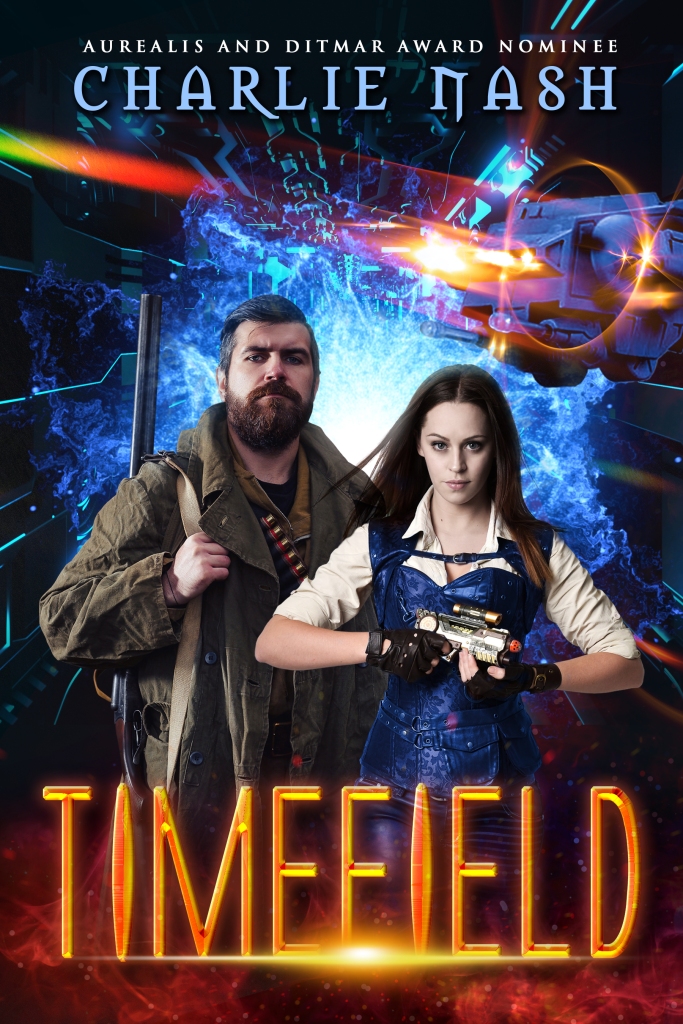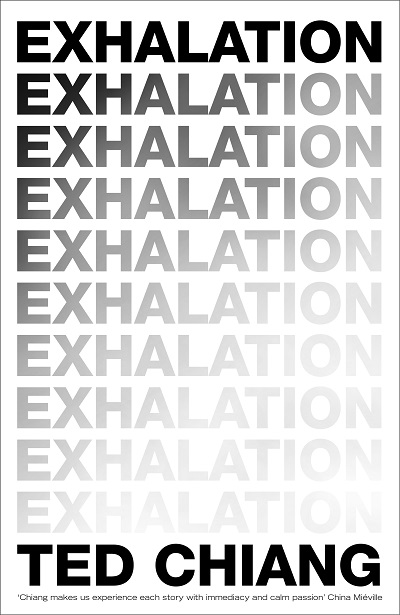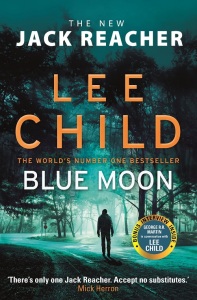So a few days back, I blogged about The Man From Earth, the sleeper cult hit movie that is easily in my top ten favourite films ever. The original was written by Jerome Bixby, quite the legend in sci-fi circles. The sequel, TMFE: Holocene, is not, and it shows.
Now, to be fair, it’s always a tough ask to follow an excellent movie with a sequel. Only a few manage it (e.g. Alien/Aliens, Terminator/T2), and they have a habit of screwing the whole shebang by thinking two hits equals a never-ending franchise (including long-reach mental-arse prequels … I’m looking at you, Prometheus). I personally choose not to recognise the later Aliens, or Terminators (I have been known to get shouty about Prometheus and Terminator Salvation), and many others should have stopped at one (Predator, Speed … I’m divided on The Matrix). They are mostly not worth mentioning, narratively or otherwise. So Holocene always had the odds stacked against.
And to be honest, I’m somewhat still digesting the film. Why? Well, let’s look at it in two parts, where the first is what the film is.
To begin, it’s slow. The opening 30 mins were super draggy. Once we reached the part where the kids are investigating John, that held a bit more interest, though the film reached for some tropes that I found frustrating (especially the let’s break into a house to find something and almost get caught trope). Overall, the main disappointment for me was that the film sidelined the most interesting thing: John Oldman (now Young) himself. The first film draws all its narrative interest from his discussions with other characters. This movie has almost none of that, except in the horror-esque interrogation scene. As weirdhouse as that was, it was the most interesting part of the film for me. And that turn of events in itself was disappointing … it was as if the writers took the most out-there, most extreme idea from the first film and decided to run with it to its unadulterated end. I mean, the whole “he was Jesus” thing was like the narrative pinnacle of the first film, that touch point that had to be cautiously approached lest the whole story descend into too much in-your-face – basically losing that tiny element of doubt. Holocene instead chooses to embrace the in-your-faceness, which after the first film’s strength of all it implied rather than showed, felt heavy-handed. Evidence of that lack of gentle touch was also in the characters … the scantily clad student was one who stood out.
Having said all that, there were things that I did like. The intrigue around John’s apparent aging or changing, and the subtle lines drawn to the state of the Anthropocene perhaps being responsible, was nice. It also gets around that inevitable problem of having a human actor, who definitely ages, playing an immortal! I also liked the subtle capturing of the distress and distancing that immortality creates. Overall though, it was a bit of a disappointment, though a disappointment with an open end, hoping for another film or TV series to come. That ends my Part 1.
Now, having said all that, let’s step back and come at it from Part 2, which is about what the film isn’t. And by that, I mean that it’s all very well to harsh on a creative work for what it is, but a good editor always has fixes to offer, and to be honest, none of the ones I have so far entirely satisfy me.
My initial thought was that a movie that centralised John Oldman (Young) would be superior to one that doesn’t. Perhaps as he attempts to (carefully) investigate his recent changes and apparent aging. Though, that has the disadvantage of needing to perhaps overtly show some things (like tests, perhaps) instead of implying them. My other half also argued that this might make the “humans are responsible for destroying the Earth” theme too heavy-handed, which is fair criticism. I still like this idea, however, along with the opportunity for John to be working with perhaps trusted colleagues from the first film, rather than introducing a whole new cast and contriving the weird antagonism plot with Jenkins, which didn’t feel right to me.
I also recognise that there’s a danger of repeating the first film, if the movie had, say, chosen to have John engage with his students and answer their questions. That would have just been a re-hash with a different group of people, and makes me wonder if the movie chose its direction in part to avoid that that issue.
There’s a myriad other directions that could have been taken. For example, the first film implied that John has had many children. Perhaps a plot that revolved around his clandestinely visiting them (or one in particular) could have worked, and also tied into the aging theme.
Perhaps it’s the range of options that has me pulling back on condemning Holocene completely as a sub-par offering. Being a writer or screenwriter isn’t an easy thing. You choose directions for particular reasons, and sometimes you don’t see the weaknesses in those choices until later. In this case, I do feel the writer/s didn’t appreciate the strengths of the first film, and therefore didn’t try to work with those strengths in a new way. Ultimately, though, I’d like to see more from John Oldman, it’s just I won’t be adding Holocene to my list of favourites. Maybe to the list of teaching tools instead.
If you’re a fan of the first film, I think Holocene is worth watching, and definitely donating to the creators. I think there’s still a lot of room for good work to come from this storyworld.









